Ali Sarhadi

- Hurricane Dynamics and Risk Assessment
- Climate Risk and Resiliency
- Compound and Cascading Dynamics
- Tropical Hydrometeorology
- Machine Learning and Manifold Learning
- Climate Science, Solutions, and Policy

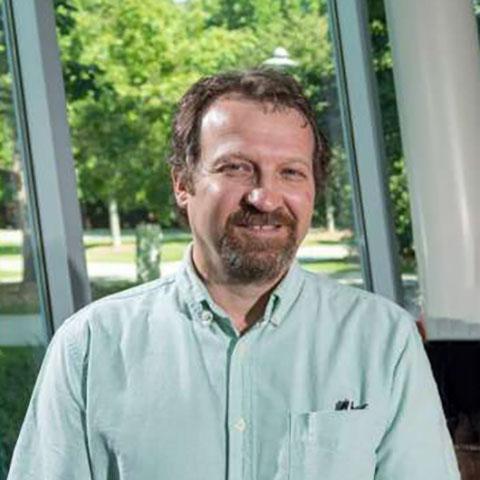
Rodney Weber's research focuses on atmospheric aerosols and their impact on climate, air quality, human health, and the environment. He works on a variety of projects, including particle emissions from wildfires, particles generated from roadways, and the unique chemistry of aerosols in the Arctic. Weber develops instrumentation and novel ways to characterize aerosol particles and deploy these instruments in airborne and ground-based studies.


Yuanzhi Tang holds undergraduate degrees in Geology and Economics from Peking University, China. She earned a Ph.D. degree in Environmental Geochemistry at Stony Brook University and then continued working in the microbiology group of Prof. Colleen Hansel.
Tang joined the Georgia Tech faculty in 2013 as an assistant professor and is now an associate professor in the School of Earth and Atmospheric Sciences.
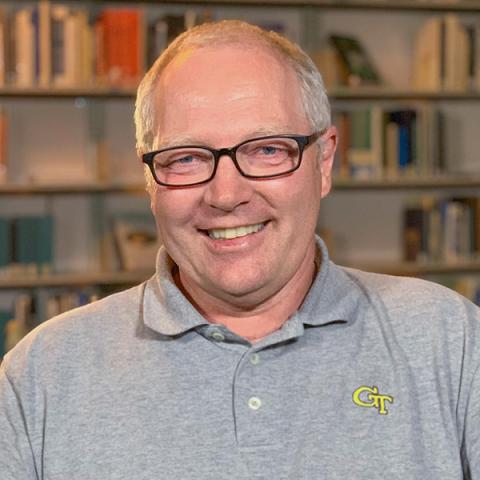
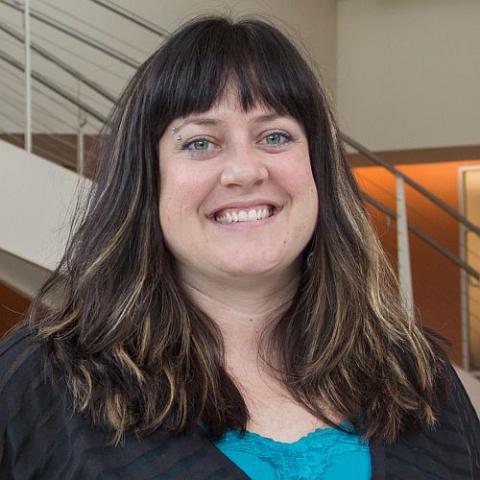
My primary interest is floating ice systems - Jupiter's moon Europa and Earth's ice shelves. I am interested in how these environments work and how they may become habitable. I have chosen to focus on Europa because of its potential to have what other places may not have: a stable source of energy from tides that can power geological cycles over the lifetime of the solar system. At its most basic form, life is like a battery, depending upon redox reactions to move electrons. A planetary proxy for this is activity, whereby a planet recycles through geologic processes, and maintains chemical gradients of which life can take advantage. Without recycling, it is possible that even once habitable environments can become inhospitable. This is where terrestrial process analogs come into the picture - by studying how ice and water interact in environments on Earth we can better understand the surface indications of such on Europa (and other icy worlds). My work provides a framework by which to remotely understand planetary cryospheres and test hypotheses, until such time as subsurface characterization becomes possible by radar sounding, landed seismology, or one day, roving submersibles. Much work remains to correlate observations and models of terrestrial icy environments - excellent process analogs for the icy satellites - with planetary observations. I think about how to incorporate melting, hydrofracture, hydraulic flow, and now brine infiltration as process analogs into constructing models for the formation of Europa's geologic terrain and to study the implications for ice shell recycling and ice-ocean interactions. The inclusion of realistic analogs in our backyard-Earth's poles -using imaging and geophysical techniques is a common thread of this work, giving tangible ways to generate and test hypotheses relevant to environments on Earth and Europa. In the long term, I envision constructing systems-science level models of the Europan environment to understand its habitability and enable future exploration. I'm lucky to work with a talented group of students, post docs, and collaborators who share this vision and continue to make my life's passion, understanding the worlds around us, tenable.
Planetary Science; Astrobiology; Cryosphere
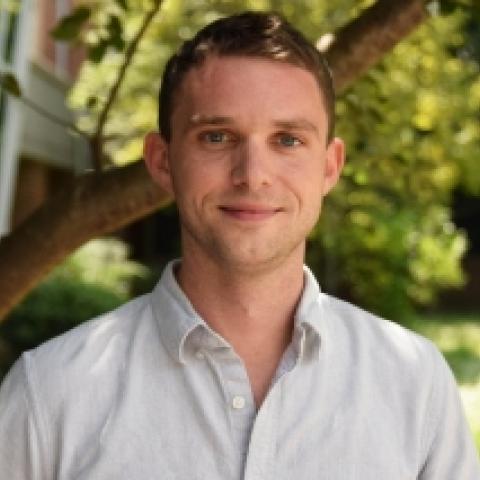
I'm an Associate Professor of Biogeochemistry in the School of Earth & Atmospheric Sciences at the Georgia Institute of Technology.
My research explores the ways in which Earth's biosphere and planetary boundary conditions act to reshape ocean/atmosphere chemistry and climate, how these interactions have evolved over time, and how they might be engineered moving forward. The work I do is inherently interdisciplinary, and utilizes an ensemble of tools including computer models of ocean, sediment, and soil biogeochemistry, stable isotope and trace element tracers, and analysis of modern natural systems.
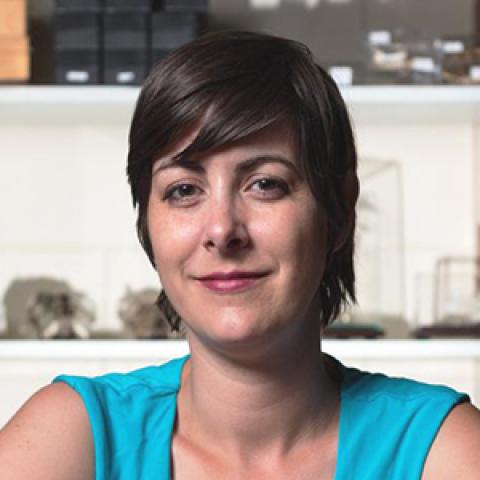
Jenny became an Assistant Professor at Georgia Tech in August 2017. She uses both modern and paleontological specimens to identify how populations, species, and communities have responded to past climate change. Her goal is to identify strategies to conserve as much biodiversity as possible given rapidly shifting climates. She received her PhD from the Dept. of Integrative Biology at UC-Berkeley, and did postdoctoral research at the National Evolutionary Synthesis Center and at the University of Washington.
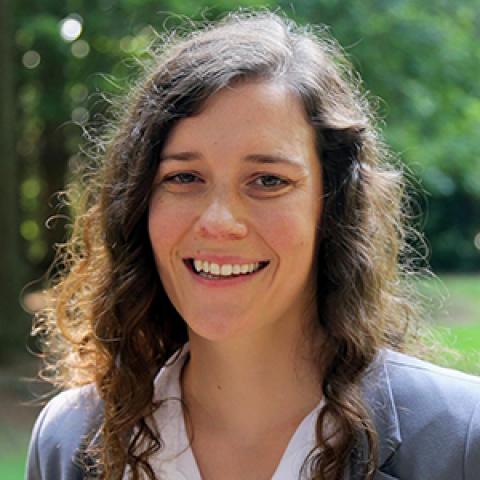
In the Kaiser group, we work to improve the understanding of the emissions and atmospheric processes that influence air quality and climate. Our research focuses largely on volatile organic compounds (VOCs), which are reactive organic species that are precursors to ozone and aerosol. Our work is grounded in insights from field, and aimed at understanding atmospheric composition at broad spatial and temporal scales.
Climate/EnvironmentAtmospheric Chemistry, Aerosols & CloudsRemote SensingAtmospheric composition and chemistryBiogenic and anthropogenic emissionsGlobal chemistry-transport modelingIn-situ and remote sensing
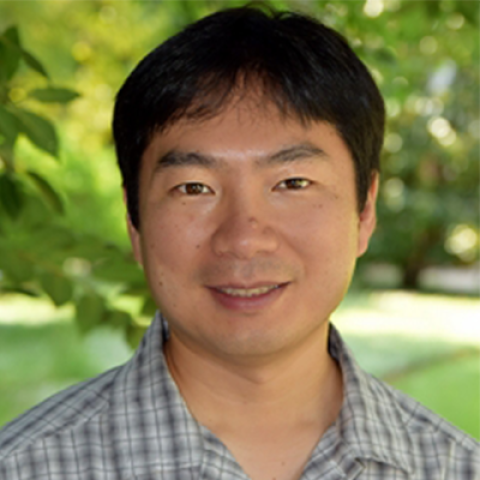
Our goal is to contribute to the fundamental understanding of the Earth's biogeochemical cycling in the present and past climate, to conduct research in Ecosystem and Biogeochemistry, Ocean Carbon Cycle, Global Climate Change, and Ocean Deoxygenation using computational modeling, observations and AI/machine learning approaches.